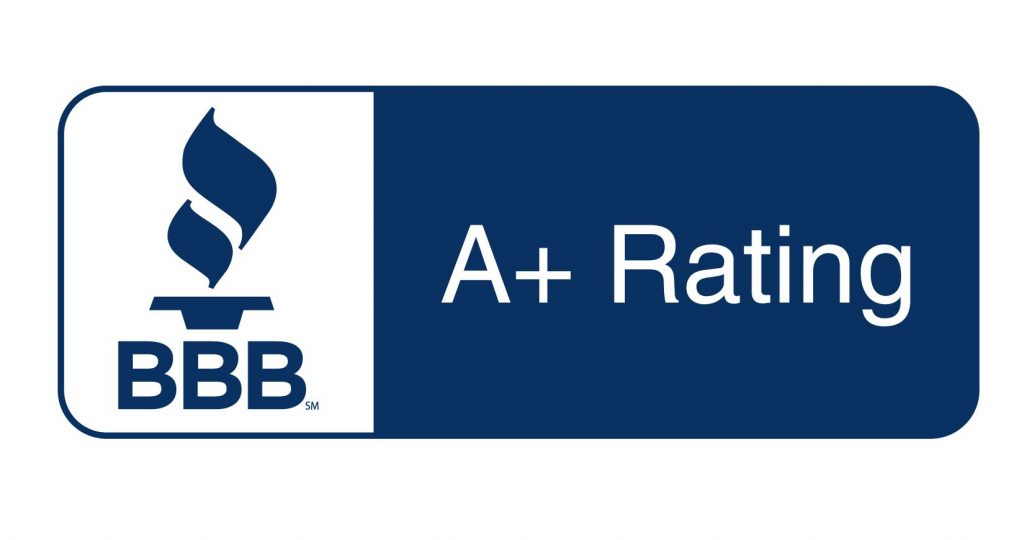Finding yourself in the hospital is no pleasant experience, and neither is the bill you usually receive afterward. Unfortunately, it can be even more surprising if you’re on Medicare and unaware of your hospital observation status.
The reason observation status is important is that Medicare treats types of hospital care differently. Part A provides inpatient benefits, and Part B provides outpatient benefits. You might think that if you’re in a hospital room, you’ve been admitted as an inpatient. However, that’s not always the case.
Here’s what you need to know about hospital observation status and Medicare.
What Is Hospital Observation?
Observation care is the term used by Medicare to describe the services offered to patients who fall into the category of not being sick enough for admission but need monitoring before being safely discharged. Distinguishing between observation care, which is classified as outpatient care, and traditional inpatient care can be challenging for patients. During observation care, you’ll find yourself in a hospital room, occupying a hospital bed, undergoing various tests, receiving nursing care, and even being administered medications. In some cases, you may even be placed in the intensive care unit or other specialized units.
Patients undergoing observation care may spend a night or even two, as this status can extend up to 48 hours, though staying fewer than 24 hours is more common.
The primary difference between observation care and inpatient care is in the formal admission process. In observation care, a doctor has not officially admitted you, and there are no written orders designating you as an inpatient.
This may happen for a variety of reasons. For instance, if you experience chest pain and seek emergency care, and subsequent lab tests reveal no signs of a heart attack, but an EKG shows mild abnormalities, the doctor may order you to stay overnight for monitoring in the telemetry unit. Despite lacking acute illness or an active cardiac event, the doctor may not feel comfortable sending you home immediately.
Let’s look at another situation. Say a patient undergoes a colonoscopy at the hospital’s outpatient surgery center. Although the procedure goes smoothly, they have a reaction to the anesthesia, leaving them groggy and nauseous. In this case, the doctor might decide to keep them overnight for observation, ensuring there are no underlying medical issues. While they may not be fit to go home in their current condition, there is no immediate indication of a serious complication.
Observation care plays an important role in assisting doctors in determining the safest course of action based on individual circumstances.

How Does Medicare Pay for Observation Care?
Here’s where it starts to get a bit confusing. If you haven’t officially been admitted as an inpatient, your coverage will fall under outpatient benefits, meaning Medicare Part B. That means you’ll pay a 20% coinsurance, as well as the annual deductible if you haven’t already paid it. This has an extensive impact.
For example, if your doctor orders lab tests or x-rays while you’re under observation, those will continue to fall under Part B instead of Part A. The same is true of prescription drugs. Part A would have covered those costs at 100% after your deductible. Simply put, it almost always costs less if you get care under Part A versus Part B.
Of course, all this is true if you only have Original Medicare. If you are enrolled in Medicare Advantage, your costs could be completely different. Or, if you have a Medigap plan, your costs could be much less. For example, Plan G would pay all your Part A or Part B costs, save for the Part B deductible.
Other Concerns with Observation Care
Other than the financial concerns we’ve already mentioned, there is another concern about being under observation instead of an inpatient. Observation care does not count towards the hospital stay requirement if you need skilled nursing care afterward.
Skilled nursing care is covered under Part A. However, to be eligible for a stay, you must have been an inpatient for three days prior to being moved to a skilled nursing facility (SNF). Observation care does not count towards that 3-day requirement.
Get Your Medicare Questions Answered
Hospital observation status isn’t the only tricky thing when it comes to Medicare. There are so many ins and outs to consider, it’s best if you have a trusted advisor on your side. That’s where we come in. Get Medicare help from the experts at Carolina Senior Benefits. Whether you are new to Medicare or are a seasoned beneficiary, we can help!





